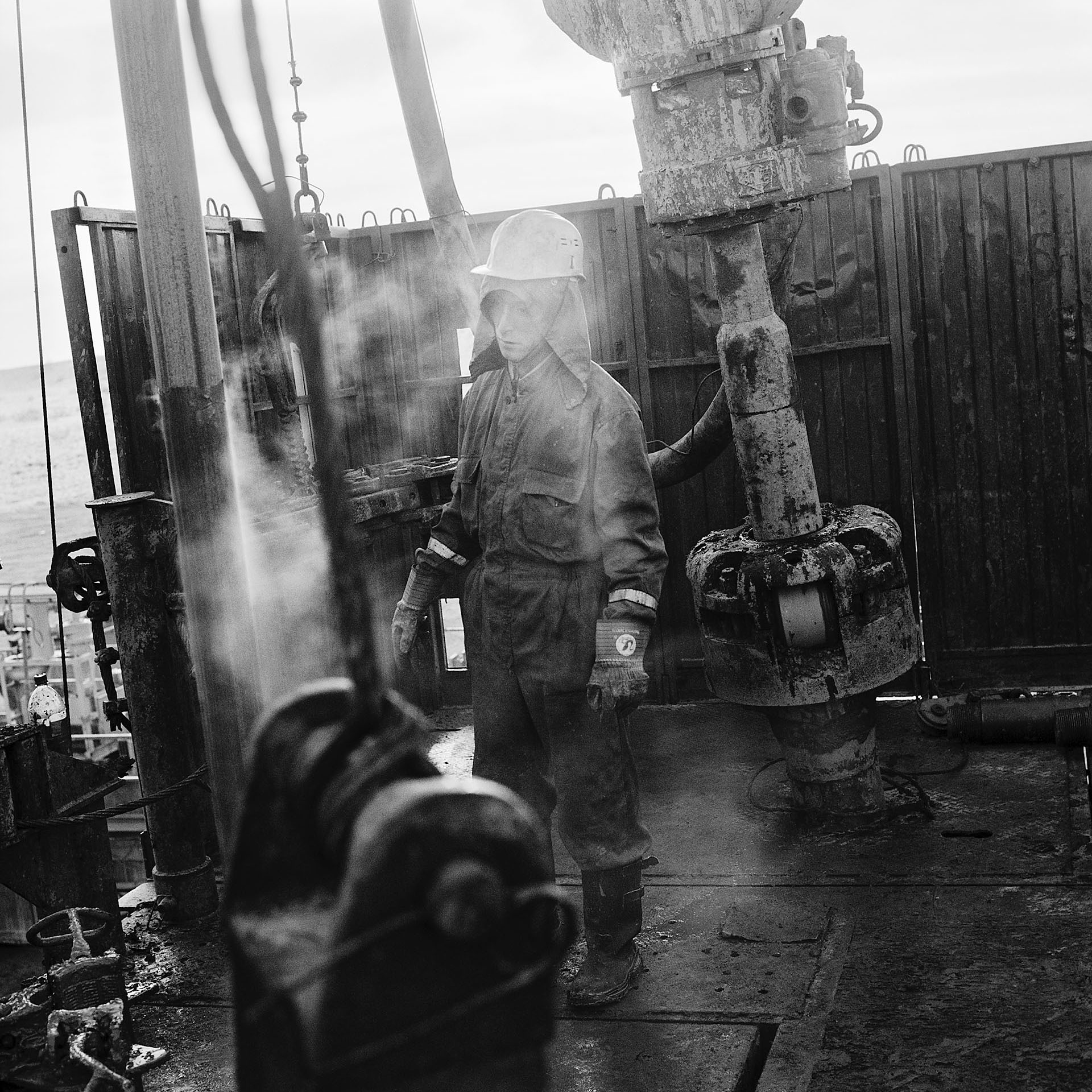2007
Kazakhstan – Oil Great Game in Central Asia
The Taliban came to the world’s attention in the 1990s in part because of the geostrategic implications of their rise and expansion. American and Brazilian oil companies negotiated with them in an effort to secure a safe pipeline corridor through embattled Afghanistan. Then came 9/11. The prize, however, is the same: access to the new Central Asian oil and gas fields and transit routes for pipelines to the West as well as to the East.
Kazakhstan (producer of 1,313 thousand barrels per day in 2006, as opposed to 444,000 in 1992) is the heart of the current Great Game for oil in Central Asia. The fields and pipelines inherited from the Soviet Union and developed by the Canadians and Germans are changing ownership. Russia is trying hard not to lose its primacy as a supplier of the West. One aggressive new player is China, which is operating in Xinjang, its Tarim Oil Province, and building pipelines to both Turkmenistan and Kazakhstan. Azerbaijan (whose capital Baku was the center of the oil wars between Standard Oil and Nobel, Rothschild and Shell a century ago) now has naval ambitions since the Caspian Sea allows it to transport oil from Akshabulak (Kazakh for “moneybag”) and other Kazakh oilfields straight to the West, bypassing Russia. Compared with China’s overland pipeline, it is an incredibly complicated route that involves detours, tanker trucks, tank cars, super tankers, pipelines, and an often stormy sea.
The reportage was commissioned and published by Neue Zürcher Zeitung, Zürich, and became part of Travelling through the Eye of History.
Assignments
- 2010–2018Afghanistan – Glacier Walks in Times of War
- 2012Burma Revisited
- 2009Swat – Mutilated Faces
- 2007Kazakhstan – Oil Great Game in Central Asia
- 2005Turkmenistan – A Journey under Surveillance
- 2004China – Farewell to Kashgar
- 2001–2010Afghanistan – A Thirty Years War
- 2001China – The Transformation of Xinjiang
- 2001Afghanistan – Drought and Famine
- 2000Kashmir – Paradise Lost
- 2000Ulanbataar – Children’s Underworld
- 2000London – Going Southwark
- 1999Indonesia – East Timor: Times of Agony
- 1998–1999Borneo – Destruction Business
- 1998Afghanistan – Economy of Survival
- 1997Cambodia – Quiet Days in Pailin
- 1996Tajikistan – Forbidden Badakshan
- 1995Iran – Roads to Isfahan
- 1994–the presentAngkor – The Mercy of Ruins
- 1994Bangladesh – Sandwip: An Island disappears into the Sea
- 1993Calcutta – Durga Puja
- 1992–1996Indochina – Legacies of War
- 1992Cambodia – Resurrecting a Country
- 1991–1992Burma – Behind the Bamboo Curtain
- 1990Ahmedabad – Cotton Mills
- 1987China – The Pulse of the Earth
- 1978–1980Greece – Lavrion Silver

